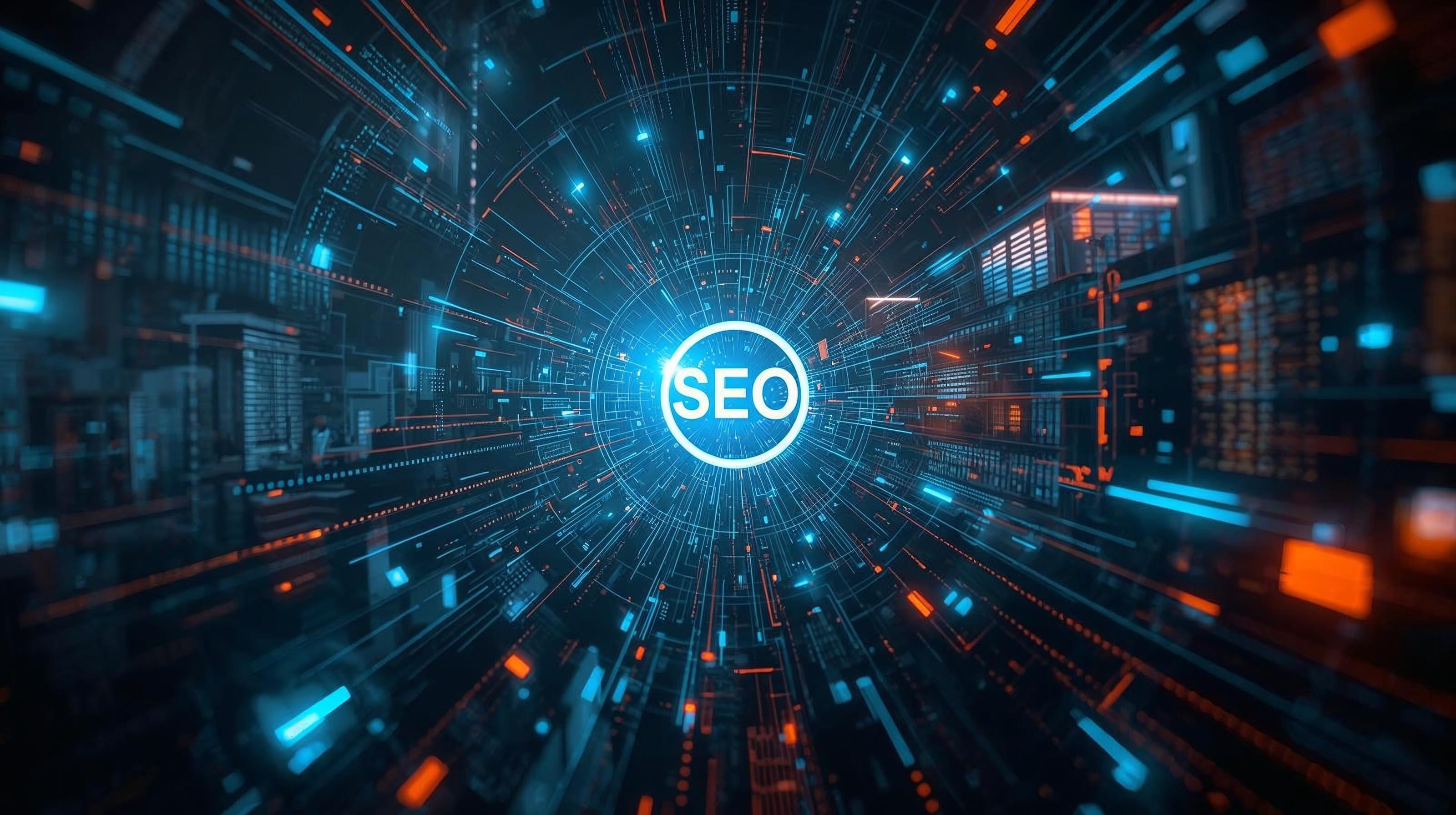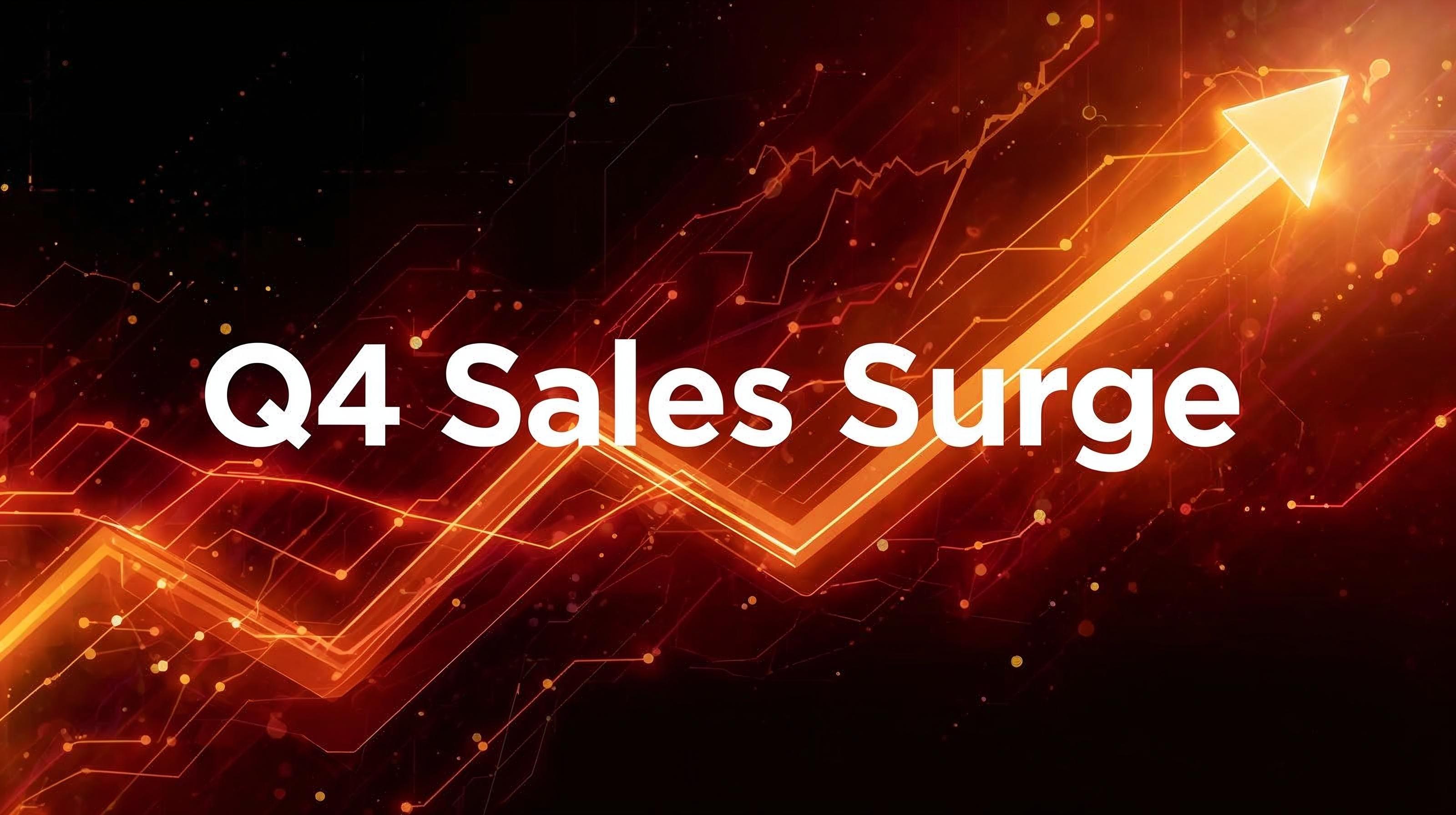For years, Search Engine Optimisation has been a complex, manual grind. A constant battle of chasing algorithm updates, wrestling with a dozen disconnected tools, and trying to turn sprawling spreadsheets of data into meaningful action. SEO professionals have become masters of diagnosis, but the process of actually implementing fixes—especially technical ones—is often agonisingly slow, stuck in a developer's ticket queue for weeks on end.
This reactive, fragmented approach is fundamentally broken. It’s a relic of a past where data was scarce and execution was inherently manual. Today, we're drowning in data, and the gap between insight and action has become an expensive chasm where organic traffic goes to die.
The solution isn't another keyword tracker or a slicker dashboard. The solution is a complete paradigm shift. The future of SEO isn’t about better tools; it’s about autonomous, intelligent agents that execute strategy on your behalf. The future of SEO is agentic.
From Manual Tasks to Autonomous Strategy
Traditional SEO automation is limited. It can schedule are port or crawl a site, but it can't reason, strategise, or execute complex, multi-step tasks. It still relies entirely on a human to interpret the data and decide what to do next.
Agentic SEO is different.
Within an AI Operating System like Vortex IQ, specialised SEO agents are given objectives, not just tasks. They are empowered to monitor, analyse, diagnose, and—crucially—remediate issues across your entire digital presence. Think of them not as tools, but as tireless, expert members of your team who work 24/7 to protect and grow your organic revenue.
Here’s how this agentic approach is already making traditional SEO obsolete.
1. Proactive Technical SEO &Automated Remediation
Technical SEO is the foundation of organic performance, but it's also where the insight-to-action gap is widest. An SEO analyst finds acritical issue, like a broken redirect chain bleeding PageRank, but can't fixit themselves. They file a ticket. They wait.
An SEO agent operates differently. It continuously crawls your site, mirroring the behaviour of Googlebot.
· It doesn't just find a404 error; it analyses the source of the inbound links and automatically implements the correct 301 redirect.
· It doesn't just flag poor Core Web Vitals on a key product page; it communicates with a development agent to compress images, defer non-critical JavaScript, and then automatically requests re-validation in Google Search Console once the issue is resolved.
· It detects canonical loops or indexation conflicts the moment they're created and corrects them based on pre-defined strategic rules.
This isn't just automation; it's autonomous problem-solving. Issues that once took weeks to fix are now resolved in minutes, preventing traffic loss before it can even register on your analytics dashboard.
2. Dynamic On-Page and Content Optimisation
Content is king, but keeping an entire kingdom optimised at scale is a monumental challenge. Content decays, search intent shifts, and new keyword opportunities emerge daily.
An SEO content agent turns this into a proactive, manageable process.
· Real-Time SERP Analysis: The agent constantly monitors the search results for your target keywords. It detects when competitors add new sections (like an FAQ) to their ranking pages or when Google introduces a new SERP feature. It then alerts you with specific recommendations to update your own content to match user expectations.
· Intelligent Internal Linking: Manually building an optimal internal linking structure is nearly impossible for any site with more than a few dozen pages. An agent understands the semantic relationships between all your content. It can programmatically add and update internal links to funnel authority from your high-performers to new or struggling pages, significantly boosting their ranking potential.
· Automated Meta Optimisation: An agent can analyse click-through rates (CTR) from Google Search Console and A/B test different meta descriptions on underperforming pages, autonomously identifying and implementing the version that drives the most traffic.
3. The End of Fragmented Reporting
How much time does your team spend pulling data from Google Analytics, Search Console, SEMrush, and A hrefs just to build a single, coherent report?
An agentic OS unifies this data by default. The true power, however, comes from being able to interrogate this unified data set in natural language. With our conversational AI, "Ask Viq", you move from data pulling to strategic questioning:
· "Which product collections saw the biggest drop in organic visibility after the last Google core update?"
· "Correlate the traffic drop on our blog with any technical SEO issues detected in the last 30 days."
· "Show me all pages with high commercial intent keywords that have a below-average CTR."
Viq provides an immediate, synthesised answer, turning hours of manual analysis into a 10-second query. This frees up your human experts to focus on what they do best: strategy, creativity, and high-level decision-making.
The SEO Strategist: Conductor of an AI Orchestra
The rise of agentic AI doesn't make the SEO professional redundant. It elevates them. Their role shifts from being a "mechanic" deep in the weeds of manual fixes to a "conductor" directing an orchestra of powerful AI agents. The strategist sets the objectives, defines the rules of engagement, and makes the high-level creative decisions, while the agents handle the relentless, 24/7 execution.
The future of SEO isn't about out-working the competition. It's about out-thinking and out-executing them with a smarter, faster, and more resilient system. It's time to retire your spreadsheets and embrace the agentic age.
Ready to put your SEO on autopilot and focus on growth?





